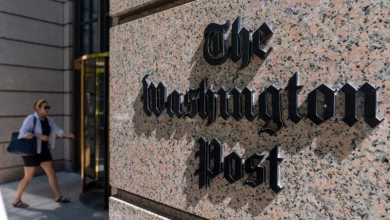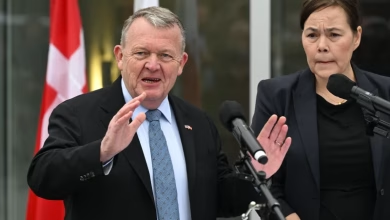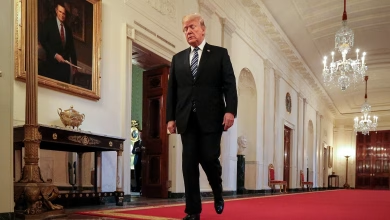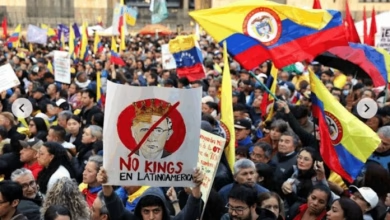US Supreme Court to Hear TikTok’s Legal Battle Over Potential Ban

- US Supreme Court to hear TikTok's case
- Ban sparks free speech debate
- Decision impacts Meta's video market
The US Supreme Court has agreed to hear TikTok’s last-ditch legal arguments to prevent a ban or forced sale of the popular app in the United States. The case centers on concerns from the US government regarding TikTok’s alleged links to the Chinese government, which both TikTok and its parent company, ByteDance, have denied.
The Supreme Court justices chose not to act on TikTok’s request for an emergency injunction against the law. Instead, they have scheduled a hearing for January 10, just nine days before the potential ban is set to take effect.
This decision comes after a federal appeals court in December rejected TikTok’s attempt to overturn the legislation, calling the ban “the culmination of extensive, bipartisan action by Congress and successive presidents.”
The US Supreme Court’s involvement is significant, as it typically hears only around 100 cases each year out of more than 7,000 petitions. TikTok has previously argued that the ban would be unconstitutional, claiming it infringes upon the free speech rights of its users in the country.
A TikTok spokesperson expressed satisfaction with the Supreme Court’s decision to hear the case, saying, “We believe the Court will find the TikTok ban unconstitutional so the over 170 million Americans on our platform can continue to exercise their free speech rights.”
The appeal sets up a clash between national security concerns and free speech, according to Carl Tobias, a law professor at the University of Richmond. “The appeals court found that national security was stronger than the First Amendment contentions. However, the Justices will scrutinize the potentially conflicting, but significant, values,” Tobias said in an email.
Cornell University law professor Sarah Kreps noted that it would be surprising for the court to overturn previous rulings, which have supported the national security concerns raised by Congress and the White House. “The case has already gone through the executive branch, the legislative branch, and the lower court, all of which upheld the argument that TikTok’s ownership by China-based ByteDance poses a national security risk,” Dr. Kreps said.
Trump’s Potential Intervention
While the legal process is underway, TikTok’s fate could also be influenced by Donald Trump’s upcoming return to the White House. Sources familiar with the situation reported that Trump met TikTok CEO Shou Zi Chew on Monday at his Mar-a-Lago estate in Florida. Trump, who initially supported a ban during his first term, has since publicly opposed it.
“I have a warm spot in my heart for TikTok, because I won youth by 34 points,” Trump said at a press conference on Monday, despite the fact that a majority of young voters supported Kamala Harris in the 2020 election. “There are those that say that TikTok has something to do with that,” he added.
However, Trump will not be able to take office until January 20, the day after the deadline for TikTok to be banned or sold.
Despite Trump’s support for the app, Senate Republican leader Mitch McConnell has urged the Supreme Court to reject TikTok’s bid. In a brief filed to the court, McConnell called the company’s arguments “meritless and unsound.”
Support from Civil Liberties Groups
TikTok has garnered support from some civil liberties organizations, which have filed a joint petition urging the Supreme Court to block the ban. These groups argue that millions of Americans use the platform daily to communicate, learn about the world, and express themselves.
Kelsey Chickering, an analyst at market research firm Forrester, suggested that Meta, the parent company of Instagram, would benefit from a TikTok ban. “TikTok is central to a thriving creator economy, and a ban would effectively create a Meta monopoly on short-form video,” Chickering said, referencing a Forrester survey that found 56% of TikTok users would switch to Instagram Reels if TikTok were banned.






